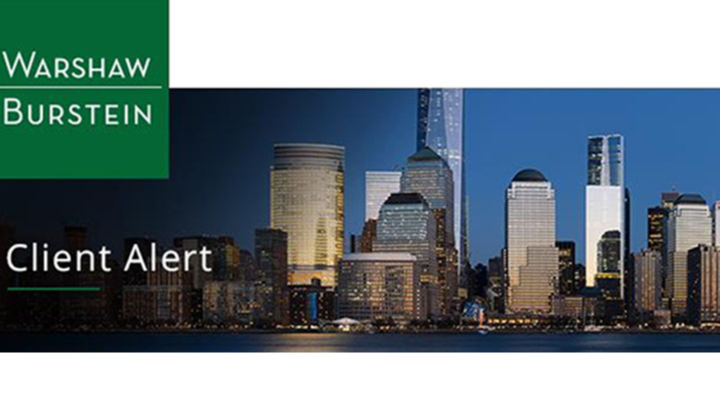In a previous Client Alert (available here), we reported that the New York State Legislature had recently approved a bill (S.6577/A. 8421) to enact new sweeping workplace protections. On August 12, 2019, Governor Cuomo signed this legislation into law. This law has been applauded by workers’ rights groups for broadening protection for victims of sexual harassment. The legislation also eliminates certain tactics and defenses traditionally utilized by employers to rebuff harassment claims.
“Severe and Pervasive” Standard Eliminated
Notably, this law lowers the burden on employees seeking to prove workplace harassment by eliminating the “severe and pervasive” standard previously applied by courts to test the viability of harassment claims brought under the New York State Human Rights Law (“NYSHRL”). Now, the severity or pervasiveness of the harassment is no longer relevant to a victim’s claim. Victims also will not have to compare their experience to that of another employee to justify their claims.
Faragher-Ellerth Defense Removed
The new law also removes the so-called “Faragher-Ellerth” defense as an affirmative defense for employers. Under the Faragher-Ellerth defense, stemming from two prior United States Supreme Court decisions, an employer could avoid liability if it could prove it acted reasonably to prevent and correct the harassment and the employee unreasonably failed to take advantage of preventive or corrective opportunities. Now, employees will be able to maintain harassment claims even if they did not report the harassing conduct or follow the company’s policy. However, an affirmative defense is available to employers if they can show that the harassing conduct does not rise above the level of what a reasonable person with the same protected characteristics would consider “petty slights or trivial inconveniences.”
The removal of the “severe or pervasive” standard and Faragher-Ellerth defense will take effect 60 days from the date of the law’s enactment (October 11, 2019).
The new law also expands the ban on mandatory arbitration to all claims of unlawful discrimination brought under the NYSHRL. Previously, this ban only applied to sexual harassment claims. Similarly, restrictions on the use of confidentiality or non-disclosure provisions in settlement agreements has been expanded to include all claims of unlawful discrimination. Non-disclosure provisions are not permissible unless the complainant chooses to maintain confidentiality.
Hairstyles, Religious Attire, Clothing, Facial Hair
On July 12, 2019, Governor Cuomo also signed bill S.6209A/A.7797A, which amends the Human Rights Law and Dignity for All Students Act to expand the definition of race to include hairstyles or traits associated with race. The new law expands the legal definition of race to include "ancestry, color, ethnic group identification and ethnic background," including any "traits historically associated with race" such as "hair texture and protective hairstyles."
On August 9, 2019, Governor Cuomo signed S.4037/A.4204 into law, prohibiting employment discrimination based on religious attire, clothing, or facial hair. The new law amends the New York State Human Rights Law to make clear that employers cannot refuse to hire, retain, promote, or take other discriminatory action against an individual for wearing attire or facial hair in accordance with the tenets of their religion.
A Proactive Approach for Employers
These sweeping changes to New York State’s anti-discrimination laws place greater emphasis on employers to protect their workers and eliminate inappropriate workplace conduct that could give rise to discrimination claims. Employers should review their existing policies for compliance with these new legal requirements.





